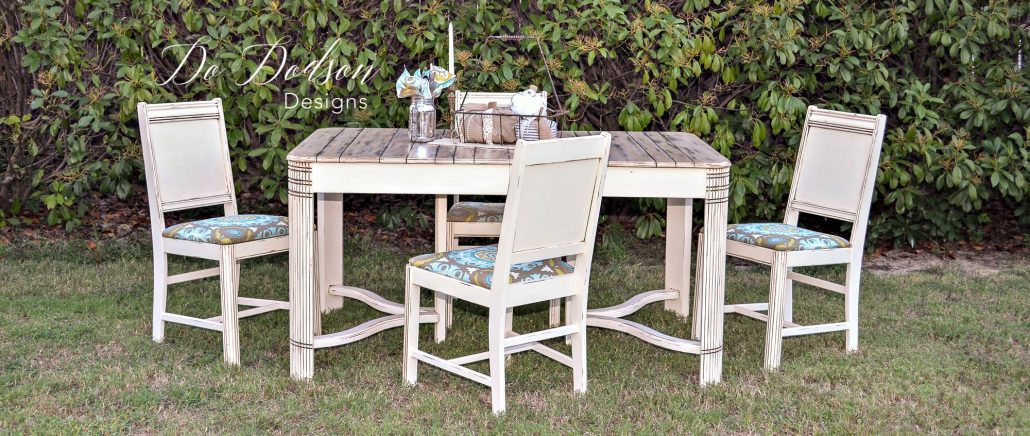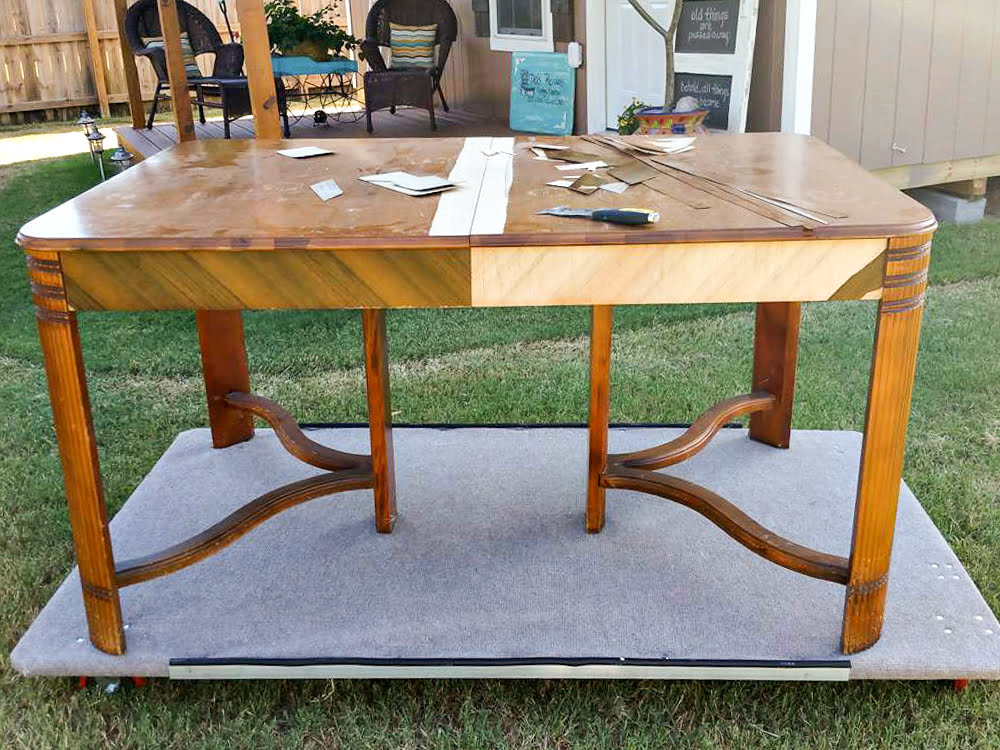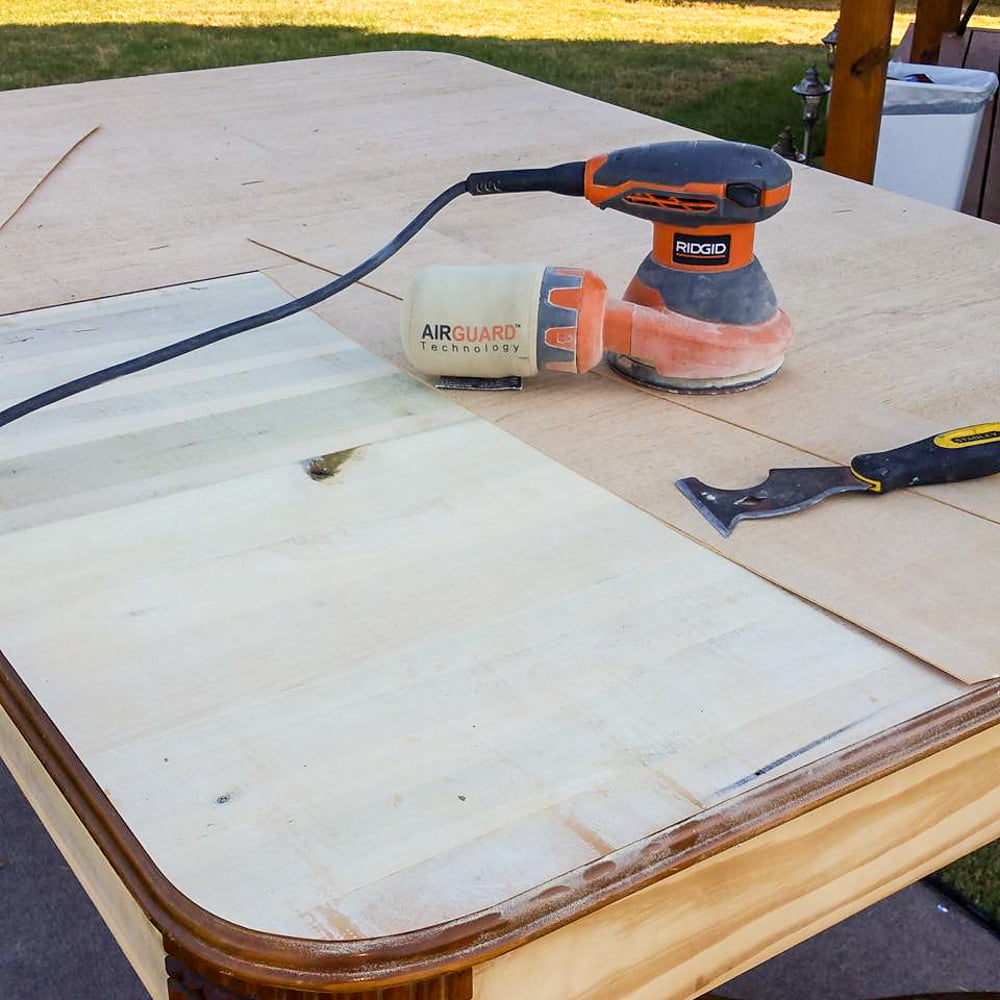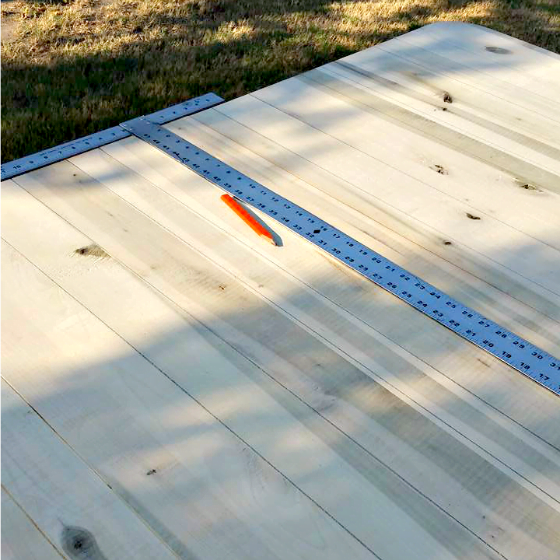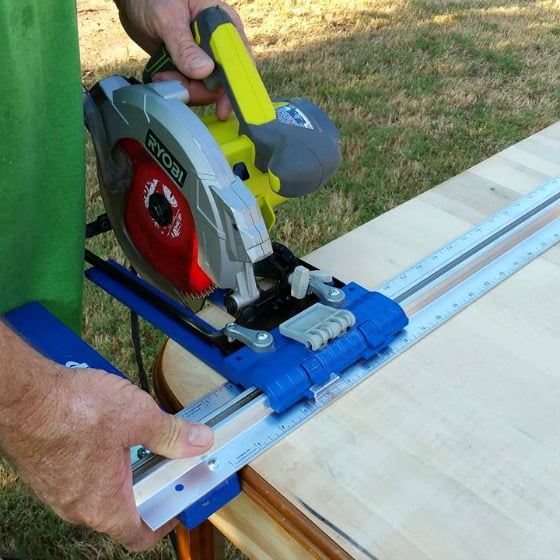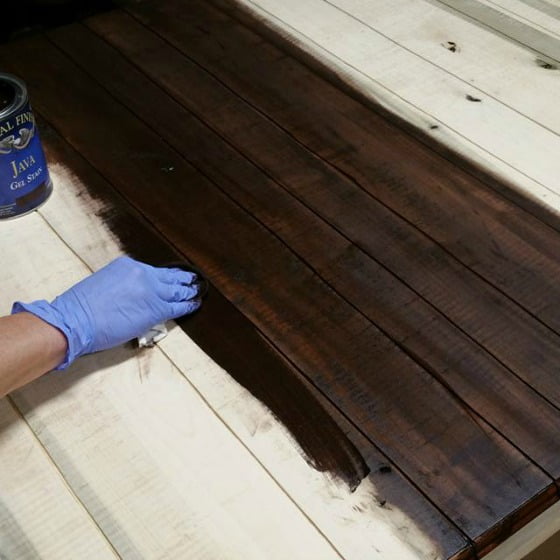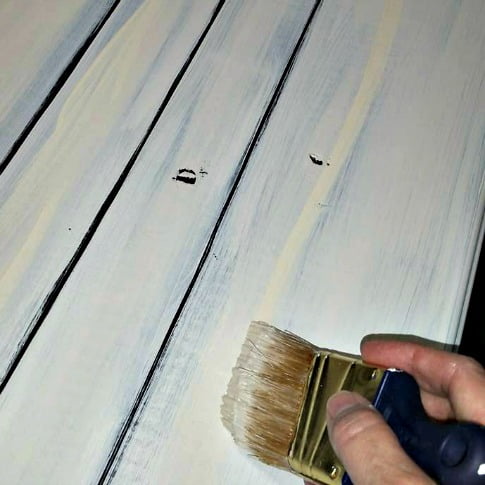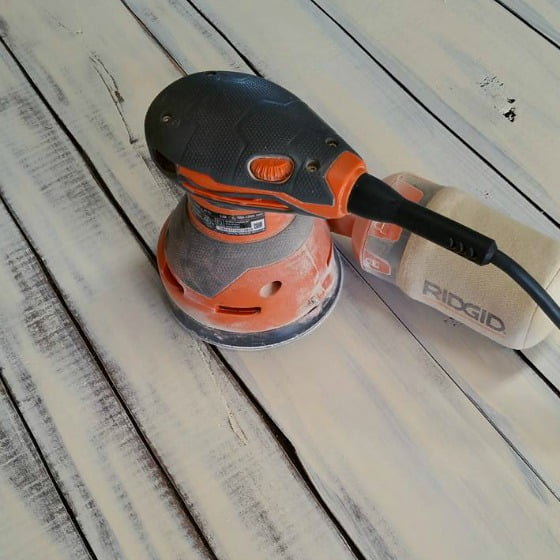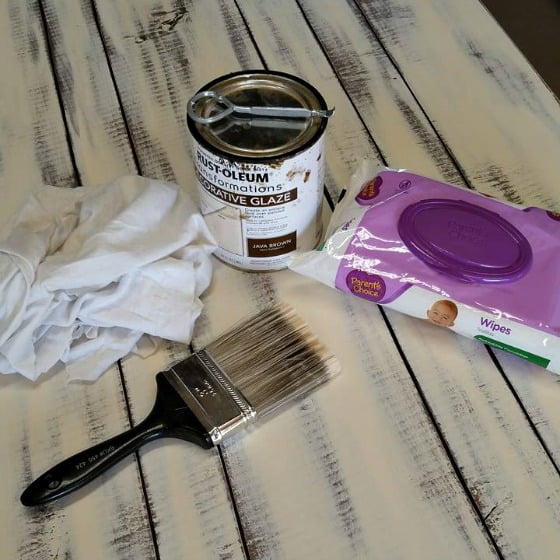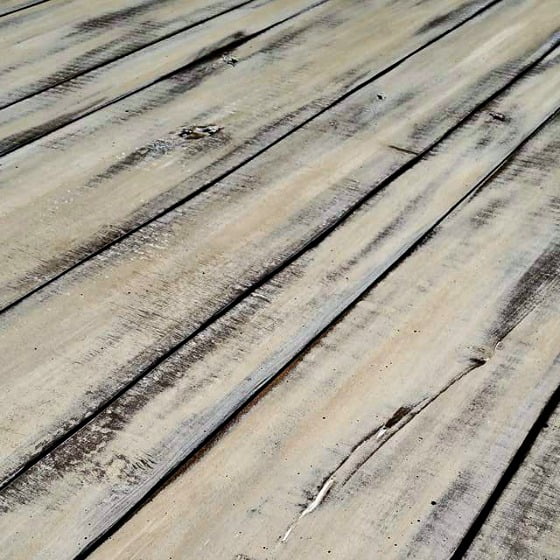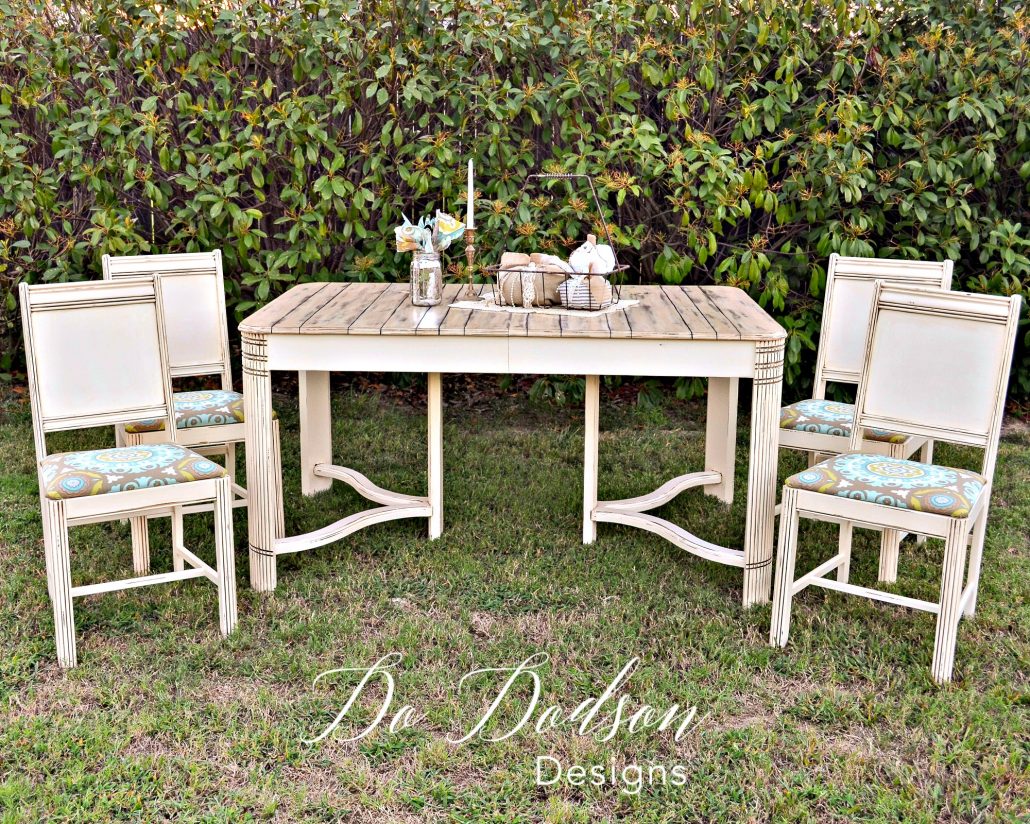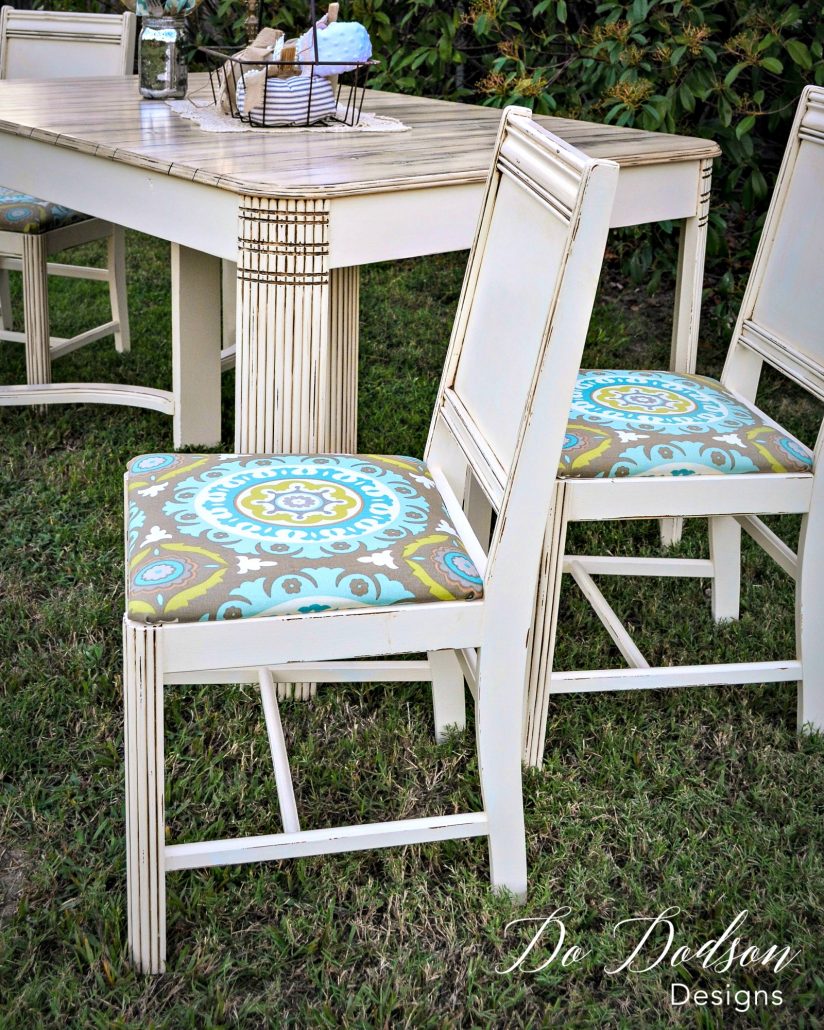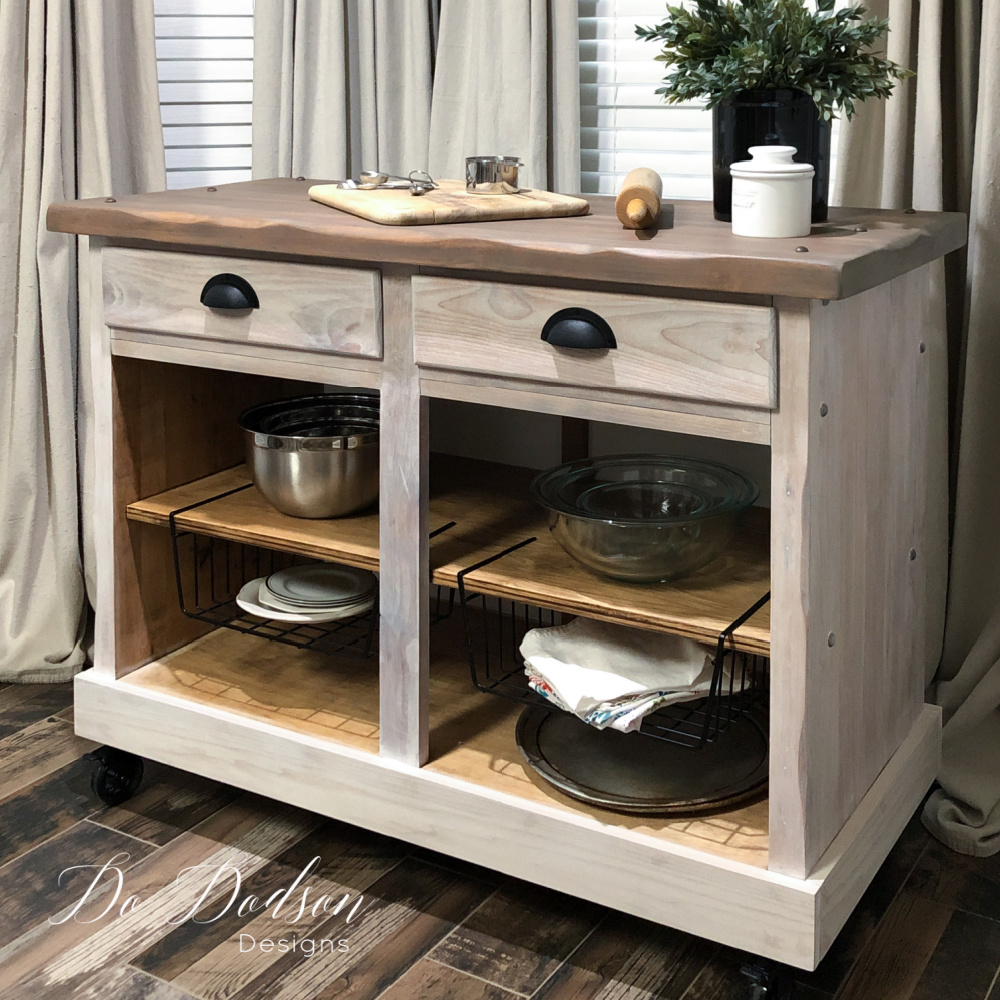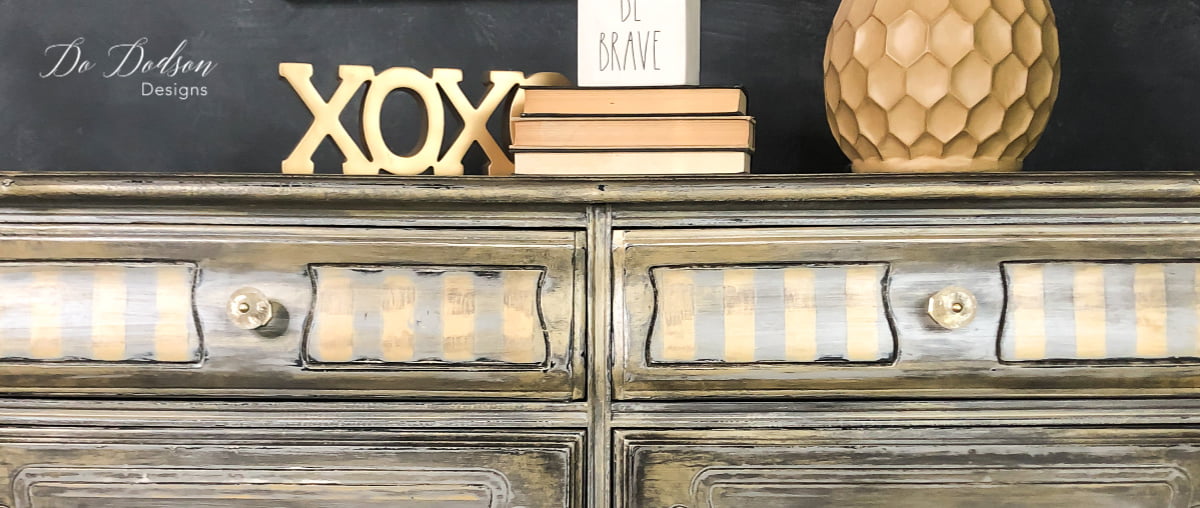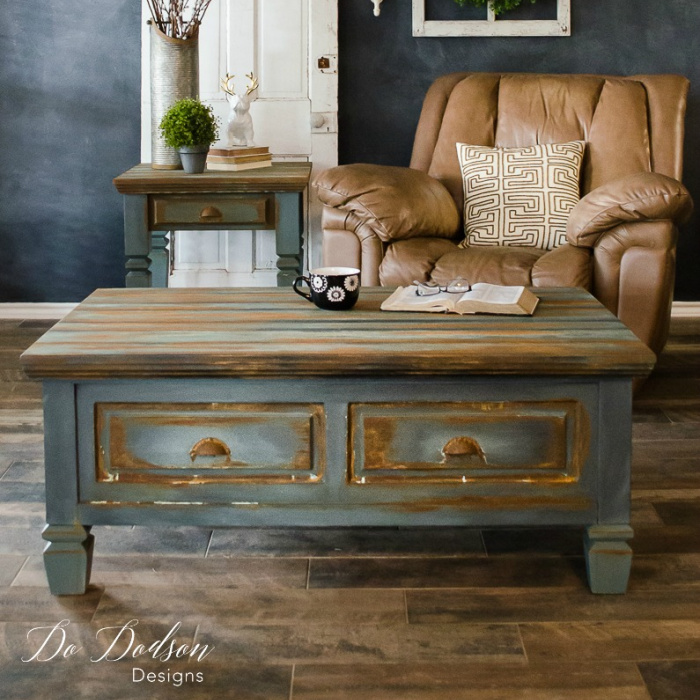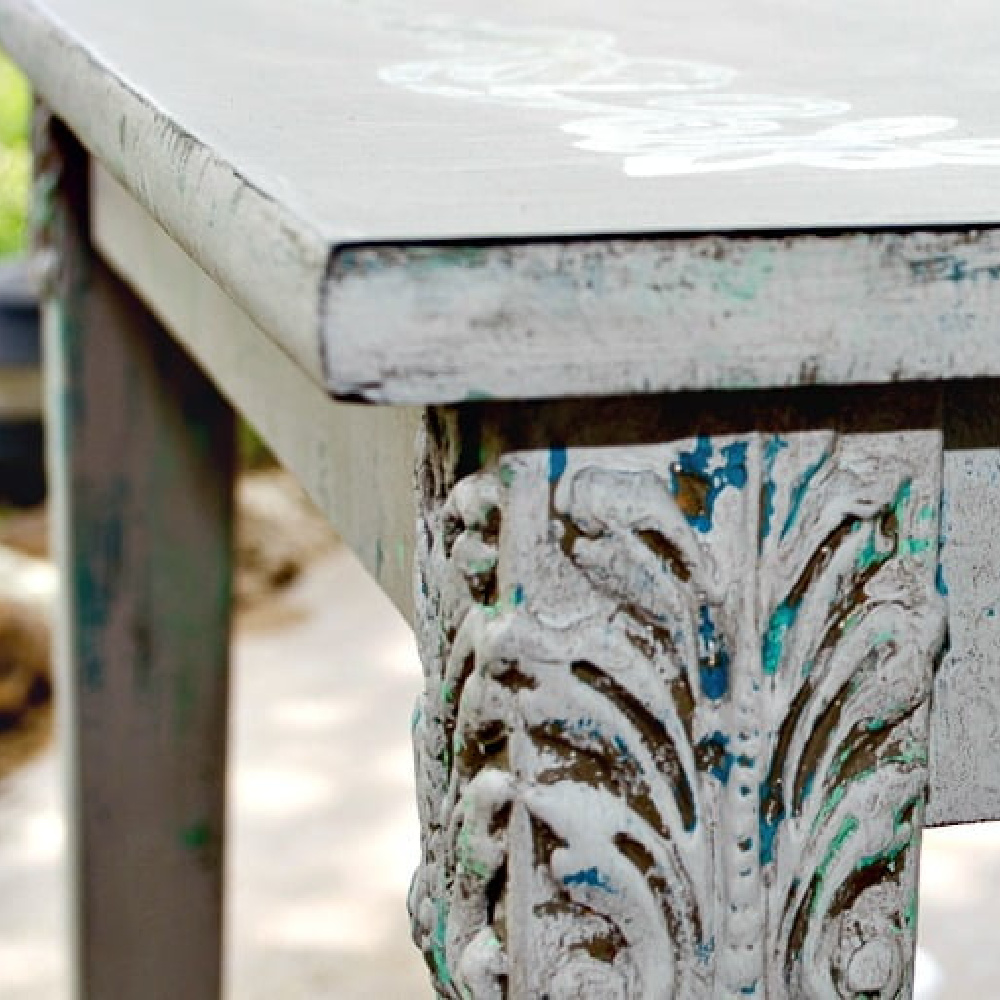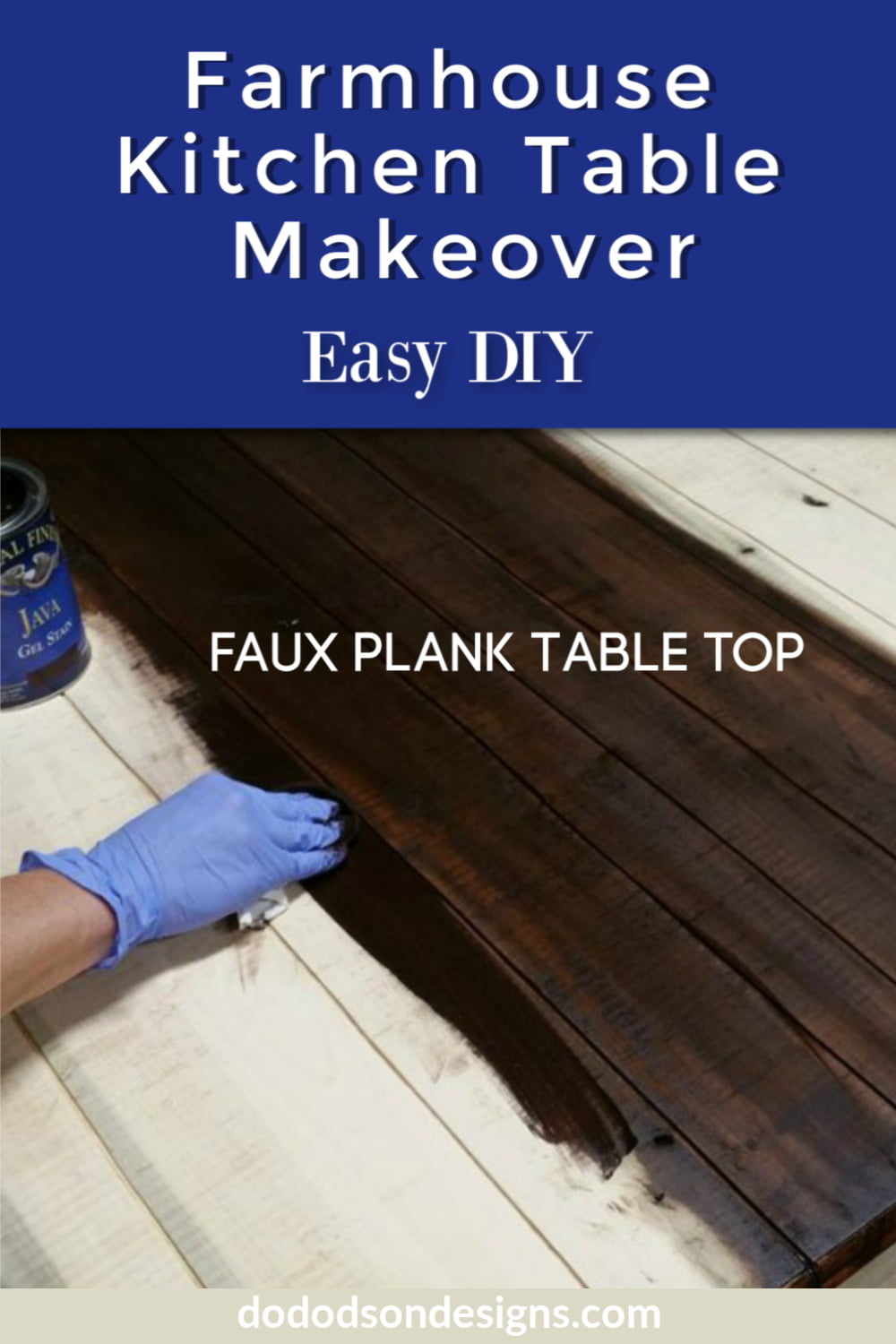
Farmhouse Kitchen Table
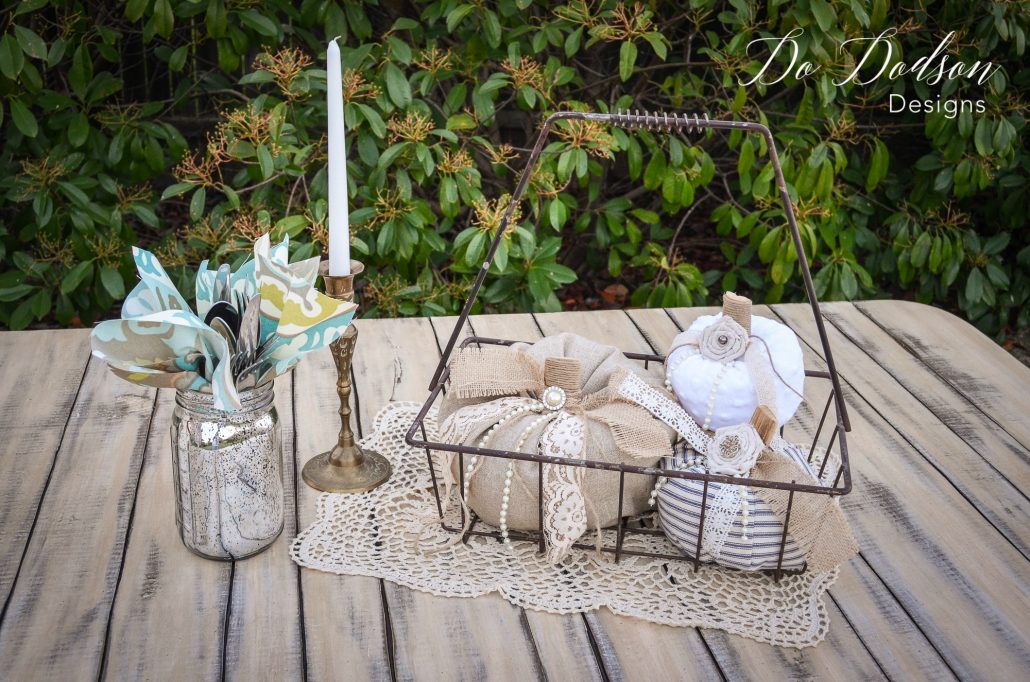
Hey, thanks for hanging out with me today. I love these vintage farmhouse kitchen table makeovers, and cutting those grooves in the wood made a huge difference in the look. I have more I want to share with you. CLICK HERE if you would like to see a beautiful old piece that I stripped down to the raw wood. It’s a show stopper! Raw wood furniture is really becoming popular with the farmhouse style.
Did you like this makeover? Let me know… drop me a comment, opinion or say hi in the comment section below.
Until the next project… xo, Do

